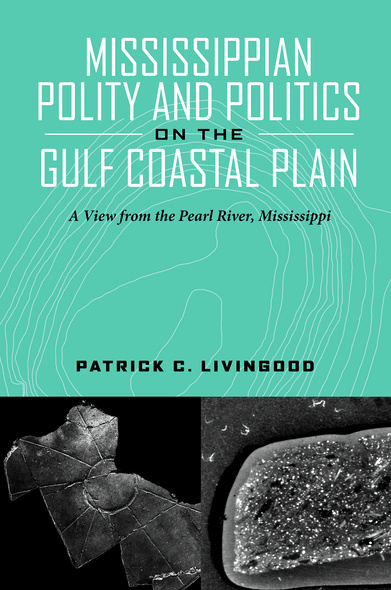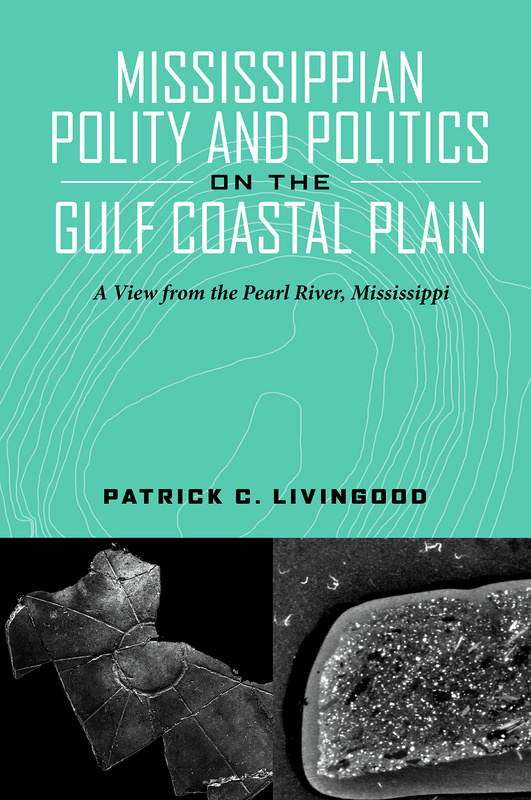Our shopping cart is currently down. To place an order, please contact our distributor, UTP Distribution, directly at utpbooks@utpress.utoronto.ca.

Mississippian Polity and Politics on the Gulf Coastal Plain
A View from the Pearl River, Mississippi
The definition of the regional limits of chiefly influence during the Mississippian period in the southeastern United States remains unresolved. In the Gulf Coastal Plain between the Mississippi and Black Warrior rivers, some studies have explored the role that interpolity interactions played in influencing a polity’s social and political complexity through time. It has been argued that the larger, more complex polities were able to preempt the development of more complex political structures among the smaller polities.
Using research at the Pevey (22Lw510) and Lowe-Steen (22Lw511) mound sites on the Pearl River in Lawrence County, Mississippi, this book explores the social and political mechanisms by which these polities may have interacted with each other and the geographic limit to the effects of inter-polity competition. The Pevey site is a nine-mound Mississippian site and Lowe-Steen is a two-mound site located 18 kilometers to the north of Pevey. These sites provide a “missing link” of sorts to explore questions about inter-polity interactions because of their centrality to the study region and their unusual size. By filling a void in the regional dataset, this study allows us to better understand the capacity of the largest polities to negatively effect the political development of their smaller neighbors.
“Dealing with one of the last frontiers in our knowledge of Mississippian Period Settlement in Mississippi, Livingood brings together an excellent review of current models developed to answer questions about the distribution of power, exchange of prestige markers, internal organization of mound centers, and the settlements surrounding those centers.”—Jay K. Johnson, University of Mississippi
“Livingood’s descriptions of some Mississippian sites from a littleknown area of the Southeast investigates political relationships in new and interesting ways.”—Marvin T. Smith, Valdosta State University
Patrick Livingood is Assistant Professor of Anthropology at the University of Oklahoma.




